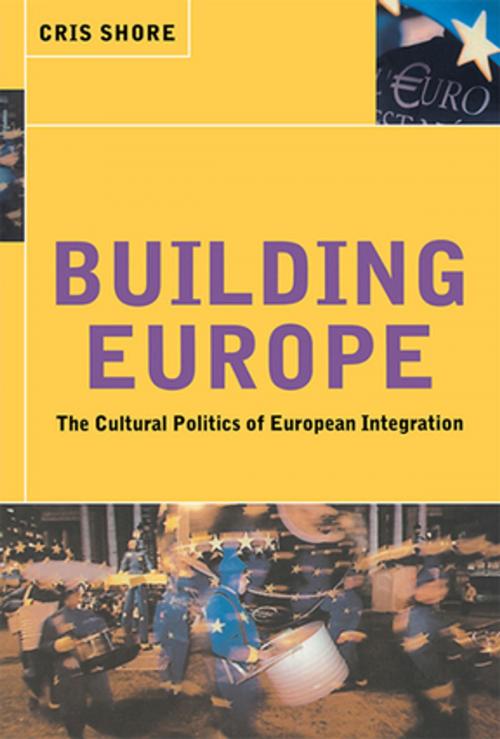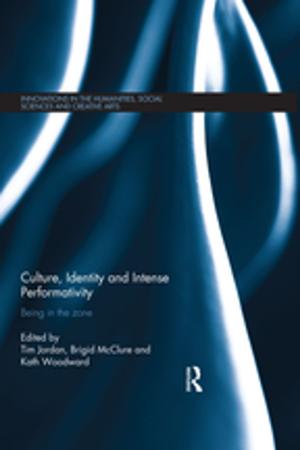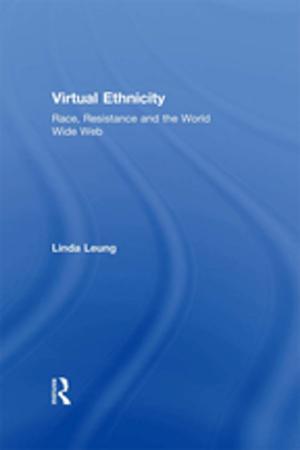Building Europe
The Cultural Politics of European Integration
Nonfiction, Social & Cultural Studies, Social Science, Anthropology| Author: | Cris Shore | ISBN: | 9781136283598 |
| Publisher: | Taylor and Francis | Publication: | November 5, 2013 |
| Imprint: | Routledge | Language: | English |
| Author: | Cris Shore |
| ISBN: | 9781136283598 |
| Publisher: | Taylor and Francis |
| Publication: | November 5, 2013 |
| Imprint: | Routledge |
| Language: | English |
The development of the European Union has been one of the most profound advances in European politics and society this century. Yet the institutions of Europe and the 'Eurocrats' who work in them have constantly attracted negative publicity, culminating in the mass resignation of the European Commissioners in March 1999.
In this revealing study, Cris Shore scrutinises the process of European integration using the techniques of anthropology, and drawing on thought from across the social sciences. Using the findings of numerous interviews with EU employees, he reveals that there is not just a subculture of corruption within the institutions of Europe, but that their problems are largely a result of the way the EU itself is constituted and run. He argues that European integration has largely failed in bringing about anything but an ever-closer integration of the technical, political and financial elites of Europe - at the expense of its ordinary citizens.
This critical anthropology of European integration is essential reading for anyone with an interest in the culture and politics of the EU.
The development of the European Union has been one of the most profound advances in European politics and society this century. Yet the institutions of Europe and the 'Eurocrats' who work in them have constantly attracted negative publicity, culminating in the mass resignation of the European Commissioners in March 1999.
In this revealing study, Cris Shore scrutinises the process of European integration using the techniques of anthropology, and drawing on thought from across the social sciences. Using the findings of numerous interviews with EU employees, he reveals that there is not just a subculture of corruption within the institutions of Europe, but that their problems are largely a result of the way the EU itself is constituted and run. He argues that European integration has largely failed in bringing about anything but an ever-closer integration of the technical, political and financial elites of Europe - at the expense of its ordinary citizens.
This critical anthropology of European integration is essential reading for anyone with an interest in the culture and politics of the EU.















